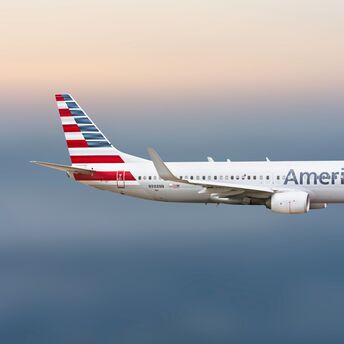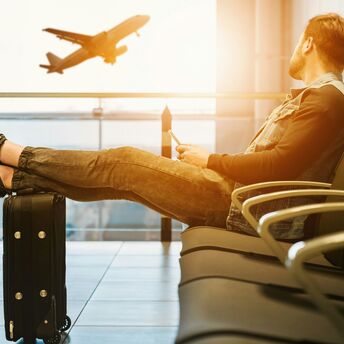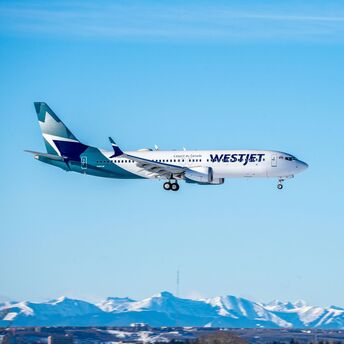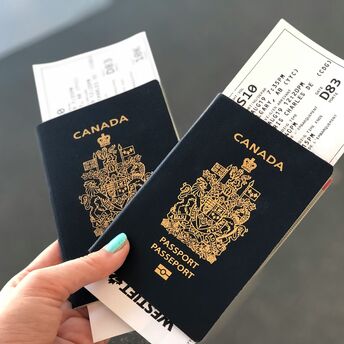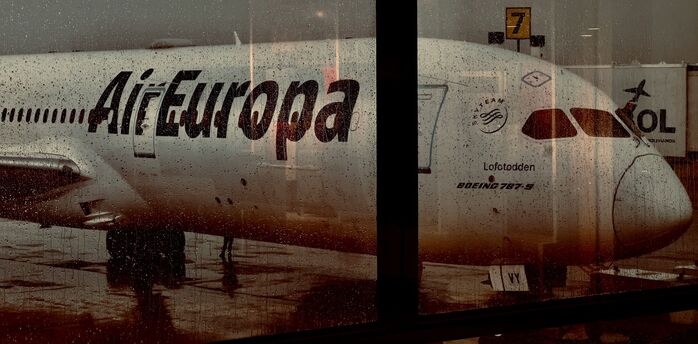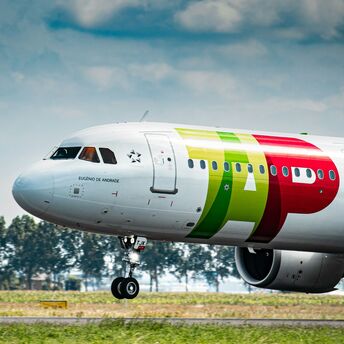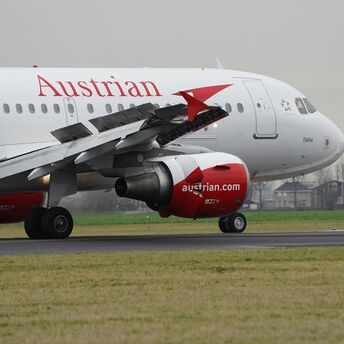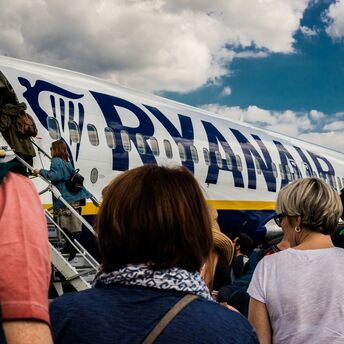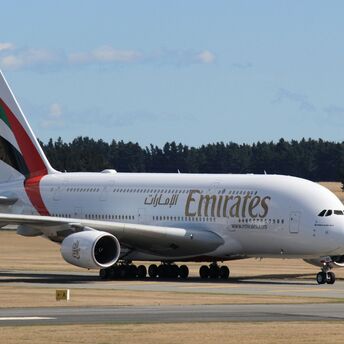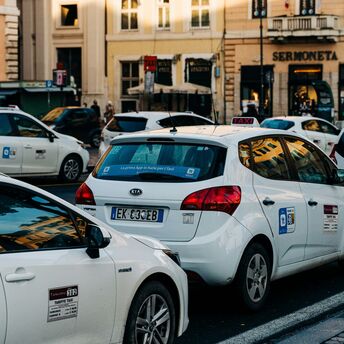UK Tests GPS Train Tickets to Simplify Travel and Cut Costs

Train passengers across parts of England will soon have the opportunity to test a new form of digital ticketing that could reshape how rail journeys are priced and paid for. Beginning in September 2025, the Department for Transport, in partnership with East Midlands Railway and Northern, will run trials on four routes in Yorkshire and the East Midlands. Instead of purchasing tickets in advance or at stations, selected passengers will use a mobile app that uses GPS technology to track their journey and automatically charge the best fare available.
The trial will cover four routes: Leicester Derby Nottingham, Harrogate Leeds, Sheffield Doncaster and Sheffield Barnsley. Up to 1,000 passengers per route will be recruited to participate, with each trial running for approximately nine months. The scheme represents a departure from earlier contactless ticketing methods, which required passengers to tap in and out at physical gates. The GPS-based system removes the need to physically validate tickets, helping to cut down on fare confusion and make travel smoother.
This trial is all about making train travel easier, faster and more intuitive. No more fare confusion – just check in and out with your phone and travel knowing you’ll automatically pay the best-value fare for your journey.
This new system could have a significant impact on how both local residents and visitors navigate regional rail networks. Passengers who don’t know the local fare rules often struggle to understand why prices vary depending on timing, routes, or ticket types. By automating fare calculations based on actual distance travelled, the new model may help travellers avoid overpaying and reduce the time spent comparing ticket options. For tourists and occasional travellers, this could make using the train simpler and more user-friendly.
Increased flexibility is another benefit the trial brings to rail passengers. The GPS system removes the requirement to reserve tickets in advance, encouraging more last-minute travel within the country. This is especially useful for people making short trips or day visits between cities. By simplifying the boarding process, passengers can concentrate on reaching their destination, which makes taking the train more attractive for quick regional journeys.
Should the trial work well, it might become a model for expanding the system throughout the country’s rail services. It demonstrates an effort to modernise ticketing and improve user experience through technology. For European travellers exploring the UK by train, the introduction of a pay-as-you-go system based on location could offer a simpler, fairer, and more flexible way to travel.





